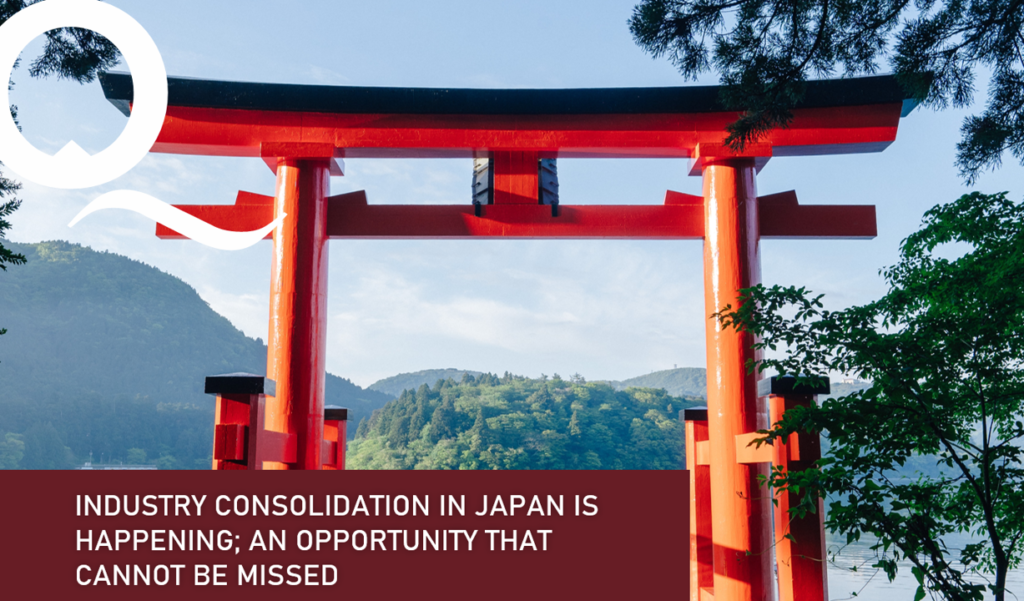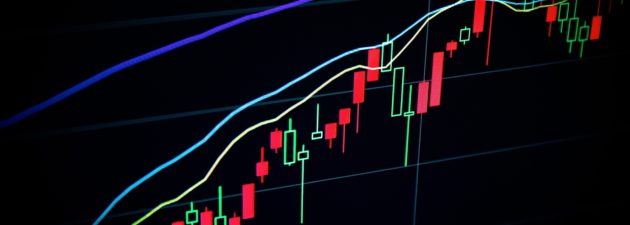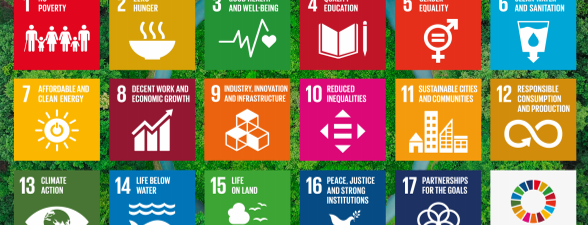Interview with Eric Daniel, Convertible Bond Strategy Manager, by Thierry Callault, Head of Business Development.
What impact have the geopolitical context and the sharp rise in interest rates had on the asset class represented by convertible bonds?
In the space of three years, the world has seen a global pandemic, a war between Russia and Ukraine and now an armed conflict in the Middle East between Israel and Hamas. Against this uncertain and frightening geopolitical backdrop, the central banks (FED and ECB) have embarked on a cycle of rapid and significant interest rate rises in order to combat inflation and put an end to years of accommodative monetary policy. While geopolitical events have had an impact on equity market performance and volatility, the central banks’ paradigm shift created very unfavourable conditions for convertible bonds in 2022 in particular. Indeed, the rise in interest rates, the widening of credit spreads, the fall in equity markets and a slight increase in equity volatility all worked against the asset class, and this lack of decorrelation made 2022 one of the worst years for convertible bonds.










